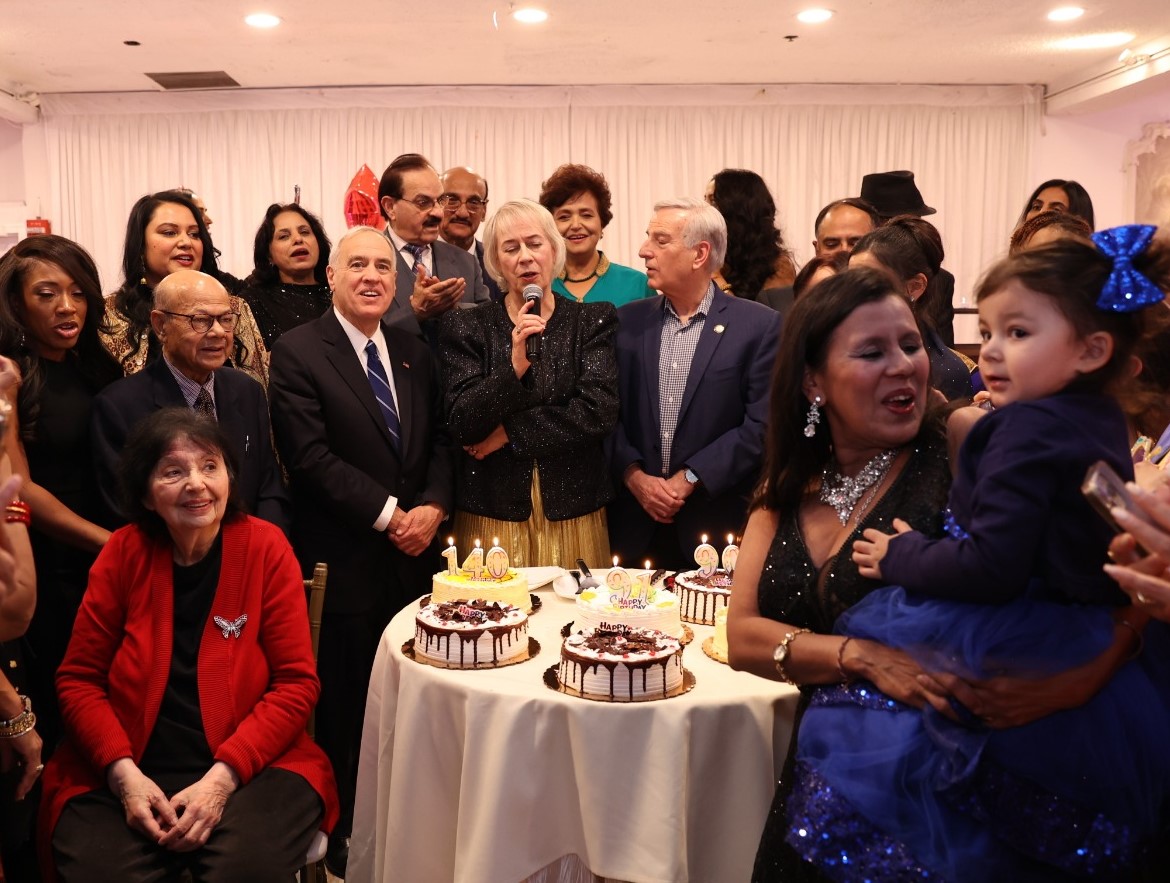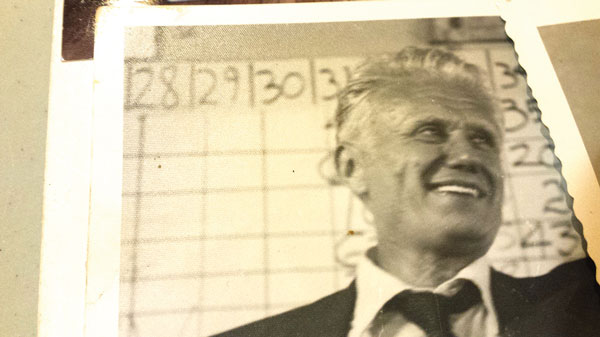
BY ALBERT AMATEAU | Herman Gerson, a Greenwich Village resident for more than 60 years and a leader in the neighborhood’s often contentious political life, died at the age of 103 on Aug. 19 at New York University Medical Center after a brief illness.
At a tribute 10 years ago when the Village Independent Democratic Club gave him its Community Service Award, he was called the “patriarch of the Gerson dynasty.” His wife, Sophie Gerson, who died in 2013, was a longtime member of the local school board and of Community Board 2, and his son, Alan, was the City Councilmember for the district covering Greenwich Village, serving two terms, from 2001 through 2009.
Herman Gerson was an early member of V.I.D. and active in the Reform Democratic movement that deposed District Leader Carmine DeSapio as party leader. Over the years, Herman served as Democratic district leader and as Democratic State Committee member. He also served as a vice president of V.I.D.
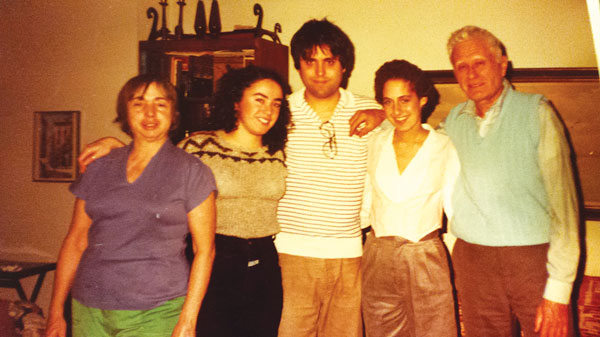
The Gerson family was one of the first to move into the high-rise middle-income co-op at 505 LaGuardia Place, and Herman for many years was president of the co-op board of directors and also founded and edited the co-op newsletter.
“I remember Herman from 1967 when we first moved into 505,” recalled a neighbor, Arnold Goren, former vice chancellor of N.Y.U and the university’s emeritus professor of higher education policy.
Although Herman used a wheelchair for the past few years, he was strong and vigorous into his 90s. During a power outage in Lower Manhattan in 2002, Herman walked up 20 floors to his apartment at 505 LaGuardia Place.
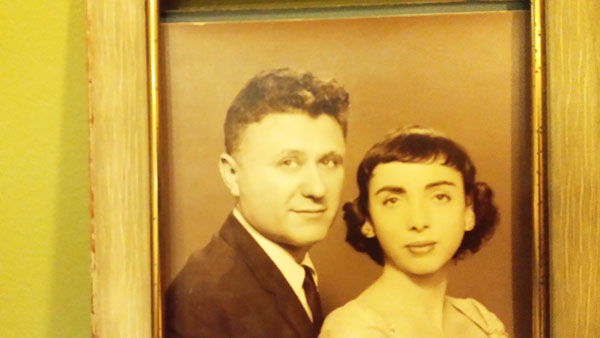
At his funeral at Greenwich Village Funeral Home on Sun., Aug. 23, and at a shiva reception later, neighbors and community leaders shared their memories of Herman.
Tony Hoffmann, a former Democratic district leader and former V.I.D. president, recalled a political rivalry.
“In 1977 I ran for district leader against him. He won by something like 164 to 48,” Hoffmann recalled.
Frieda Bradlow, a veteran V.I.D. member and community activist, remembered their mutual involvement in politics.
“Until a few years ago, I only knew him as a political activist,” she said. “When he was in rehabilitation after a medical procedure, I spent some time visiting him and learned that he was a chemist,” she said.
Herman, who had earned a degree in chemistry from the University of California at Los Angeles, worked as a professional chemist and held several U.S. patents.
In his eulogy, his son, Alan, recalled the family history.
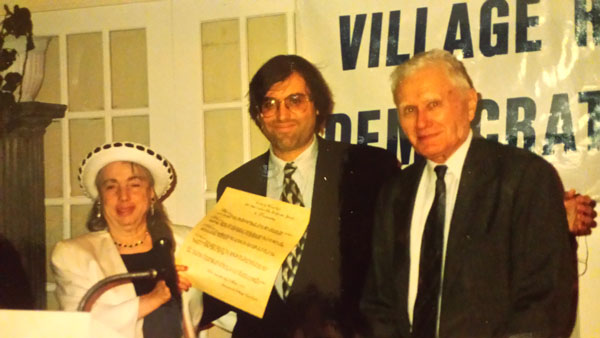
Herman was born in May 1912 in Elizabeth, N.J., the son of Russian immigrants Ida and Aaron Gerson. The family tradition of political action predates their arrival in America. Aaron had been exiled to Siberia for his part in the early 20th-century anti-czarist rebellion, but managed to make his way to the U.S. and settled with his family in New Jersey. The 1917 revolution that overthrew the czar, led first by Social Democrats, inspired Aaron and his family, which by then included Herman, to return to Russia.
“They went west intending to enter through Vladivostok but by the time they got to Japan the Communists had taken over and there was a civil war,” Alan said. “They turned back, but Los Angeles was as far east as they got,” he said.
“My father was raised in Boyle Heights, a neighborhood that was then like the Lower East Side of Los Angeles,” Alan said. When World War II began, Herman worked as a chemist for the Army in Pearl Harbor and later served as a soldier in the Philippines, Alan said.
“He always had a great respect for the military, even when he was protesting the war in Vietnam,” Alan said, recalling a family vacation with an aunt who was very anti-military. “We were driving near West Point and my father wanted to pay his respects, but my aunt said she wouldn’t set foot in the place. So he stopped, let her out at the gate, and drove in. We picked her up when we drove out,” Alan recalled.
Herman came to New York shortly after his discharge from the Army and lived on Jane St.
“He never left his beloved Greenwich Village,” Alan said.
When Herman met Sophie Greenberg, she was studying to be a girls physical education teacher, and they were married in 1947. They both joined V.I.D., but in the 1960s the club split, and Sophie joined the breakaway Village Reform Democratic Club.
“I’m the product of what passes for a mixed-marriage in the Village,” Alan quipped. “My father was a member of one Democratic club and my mother was in the other Democratic club.”
Herman, who was a pole vaulter at UCLA, was a fan of track and field and would attend events with the late Keith Crandell, Alan recalled. Crandell, a fellow political activist and V.I.D. member, died in 2005.
Herman and Sophie were avid world travelers, visiting India, Russia and China. They made several trips to Israel. Herman was an enthusiastic supporter of the Jewish state. The couple also enjoyed membership in the Salmagundi Club, the artists club founded in 1874 in the Village. As a pigment chemist — specializing in the color green — Herman qualified as an artist member.
In addition to Alan, Herman is survived by his daughter, Rikki, and two grandsons, Lance and Dillon Charles.
“A few days before he died he asked me, ‘Where’s Sophie?’ I told him, ‘She’s resting.’ He died very peacefully,” Alan said.
Herman was buried next to Sophie in Old Montefiore Cemetery, Queens.




